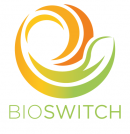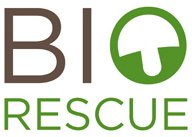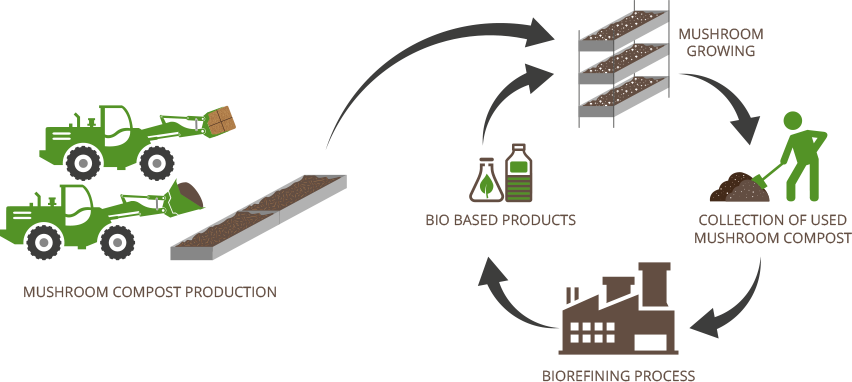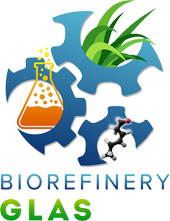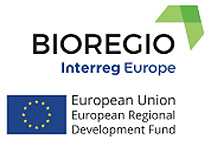BIOWAYS project
Project concluded

Despite significant economic investment and dedicated research in the bio-based domain, public awareness of the potential benefits of bio-based products and applications is still relatively low.
The need to raise awareness of this potential and promote the benefits of these products and applications is clear. We also need to provide the means for anyone with an interest in this domain to be able to follow ongoing developments in the industry and from research.
The Bioways Project objectives are to:
- understand the characteristics and potential of bio-based products and applications;
- to enhance the visibility of bio-based products and applications;
- to encourage discussion about the potential of the bio-based economy for society and contribute to awareness of it and its promotion;
- to increase awareness and knowledge of how bio-based products are used and the overall interest of young students in the bio-based economy at large.
Contacts: Iakovos Delioglanis: delioglanis@qplan.gr




